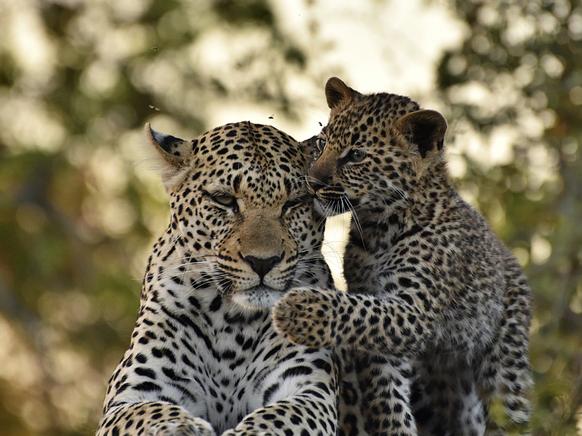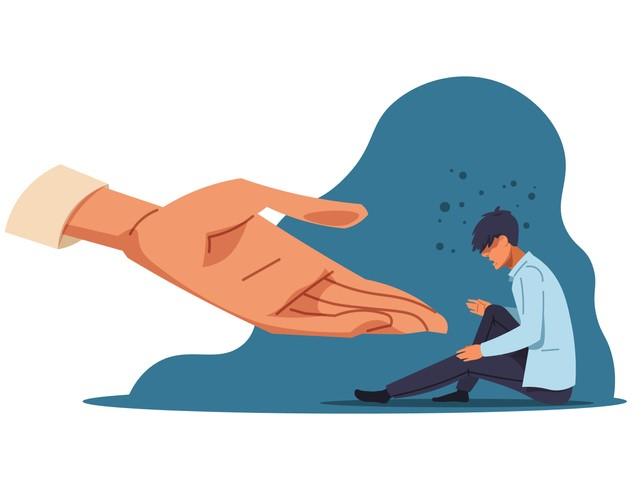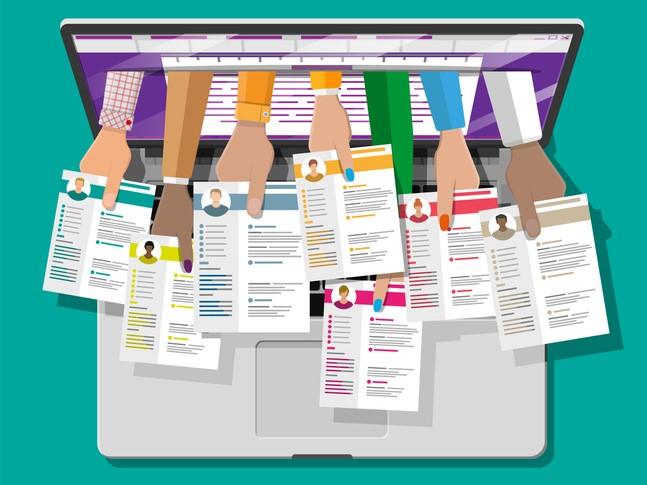
I’d tell my younger self that my chequered past would be my strength

When I had an interview for one of my PhD applications back in the late 1980s, my future supervisor asked if I could elaborate on a referee comment that “I had a chequered history but showed great potential”. In the interview I was thrown. Not by the “chequered history” part – that I knew was true – but by the “great potential” part. As someone who struggled through their first degree, I was surprised that anyone could see academic potential in me, a feeling that, because of imposter syndrome, persisted for a few decades more.
Now, as an emeritus professor, I think it’s a good time to reflect on aspects of my academic career. Would I change what I have done? Probably not. But there are key things I’d tell my younger self to make the academic journey more fulfilling. I won’t use the word advice, because I have always associated it with people telling me to look and behave in particular ways, and that has never been helpful.
- Supporting LGBTQ+ aspiring leaders in universities
- Spotlight: the rainbow university
- Prioritising equity in higher education: the impact of individual identities
I’d tell my younger self not to be fooled into thinking academia was a liberal place to work. UK academia is very conservative in terms of the structures that have been built into it to reinforce notions of excellence. These structures are ultimately exclusionary, as can be seen by the biases that favour white male academics in senior positions. I actively began to campaign on issues related to diversity, equity and inclusion only late on in my career, in my 40s, and I wonder, if I had done more while I was a lecturer and reader, could I have had a wider impact on making geography more inclusive?
I’d also tell my younger self to consider being more open with my international collaborators about my queer identity. Working in the UK I have always been very out about being gay, but I was always more reticent about disclosing this information on international projects, for fear of jeopardising the work that had to be done. Working in Russia and Botswana over the decades, I wrongly assumed that my collaborators (who often became friends) would be intolerant of homosexuality. This meant I probably silenced other LGBTQ+ people and their friends and allies.
I also assumed that I could prove that being gay did not matter to my being a geographer and a field scientist, but on reflection this thinking was rooted in the stereotypes and homophobia that I grew up with. In reality, those homophobic attitudes were wrong; my best work was done when I was happy and engaged with projects, and I was happiest when I was my true self. Acknowledging what was going on, both in academia and in my own head, would have opened my eyes earlier to the kinds of biases that affect geography, especially in the field.
I’d tell my younger self not to try to prove anything to anyone because of my sexuality. Of course, the reality has to be more nuanced than this. Although in general there is greater tolerance of LGBTQ+ people around the world, in many countries intolerance has recently grown to dangerous levels and, no matter what I’d tell my younger self, I’d also trust that they would make the right decision on what was best for them at the time.
I’d tell my younger self that one becomes a teacher; no one is a great teacher automatically. My biggest barrier to becoming an academic was not having the confidence to apply for lectureships in the first place. I was a postdoc, then part-time administrator for eight years, and imposter syndrome hit hard when it came to teaching. How on earth could I teach some of the brightest students in the country, especially when my background was not in geography and when it took me five years to complete my own undergraduate degree (see “chequered past”, above!)?
Finally, I’d tell my younger self that my chequered past would ultimately be my strength. Coming out in the 1980s, at a time of rampant homophobia and Aids, was, I realise now, quite traumatic. I was doing a pharmacological physiology degree that I hated, and internalised homophobia made me dislike myself. I dropped out in my third year. But through negotiation with my dean at Edinburgh, I was allowed a second chance to come back to study a different subject, one that I loved: botany. That was the “great potential”.
And I used my chequered past to be a better teacher, to listen to my students when they struggled, to understand them more and judge them less. And more recently I used my chequered past to set up an LGBTQ+ network in my department to promote a culture of greater inclusion in geography, something that was lacking in my own education.
Anson Mackay is emeritus professor in the department of geography at UCL. They were awarded the Royal Geographical Society’s 2023 Victoria Medal for their transformative impact on the discipline of geography.
If you would like advice and insight from academics and university staff delivered direct to your inbox each week, sign up for the Campus newsletter.


